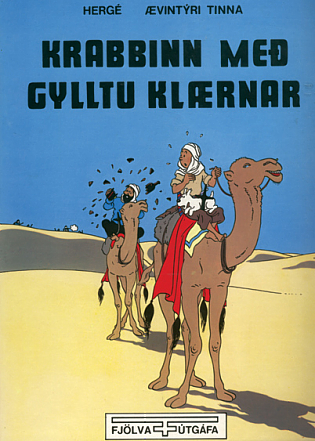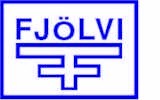| TINTIN LANGUAGES | |
| AFRIKAANS | |
| ALGUERES | |
| ALSATIAN | |
| ARABIC | |
| ASTURIAN | |
| BASQUE | |
| BERNESE | |
| BENGALI | |
| BRETON | |
| BULGARE | |
| CAMBODIAN | |
| CATALAN | |
| CHINESE | |
| CORSICAN | |
| CZECH | |
| DANISH | |
| DUTCH | |
| ENGLISH | |
| ESPERANTO | |
| FARSI | |
| FAEROESE | |
| FINNISH | |
| FRENCH | |
| FRIESIAN | |
| GALICIAN | |
| GALLO | |
| GAUMIAN | |
| GERMAN | |
| GREEK | |
| HEBREW | |
| HUNGARIAN | |
| ICELANDIC | |
| INDONESIAN | |
| ITALIAN | |
| JAPANESE | |
| KOREAN | |
| LATIN | |
| LUXEMBOURGER | |
| MALAYALAM | |
| NORWEGIAN | |
| OCCITAN | |
| PICARDY | |
| POLISH | |
| PORTUGUESE | |
| ROMANSCH | |
| RUSSIAN | |
| SERBO-CROAT | |
| SINHALESE | |
| SLOVAK | |
| SPANISH | |
| SWEDISH | |
| TAHITIAN | |
| TAIWANESE | |
| THAI | |
| TIBETAN | |
| TURKISH | |
| VIETNAMESE | |
| WELSH | |
| TOTAL 60 VERIFIED LANGUAGES | |
| RUMOURS | |
| MIRANDES | |
|
MONEGASCO |
|
| PROVENăAL | |
| RUANDES | |
| MONEGASCO | |
| LINKS | CRAB MEN┌ | CASTAFIORE MENU |

|
ICELANDIC | |||||||||||
|
||||||||||||
Icelandic is spoken by the 250,000 inhabitants of Iceland. It is one of the Scandinavian languages, which form a branch of the Germanic languages, in turn a part of the Indo-European family.Icelandic is remarkably similar to Old Norse, the language of the Vikings, which was brought to iceland from Norway in the 9th century. Whereas the other Scandinavian languages have been strongly influenced by those of neighboring countries, Icelandic, insular and isolated, has retained its pristine character over the centuries. As a result Icelandic schoolchildren today have no difficulty reading the Eddas and the sagas, the great epics written in Old Norse. Their language is a sort of parent tongue to the other modern Scandinavian languages. It also has many features in common with Old English, the result of the Viking invasions of Britain in the 9th century.
Another factor behind the purity of Icelandic is the absence of international words for modern ideas and inventions. Icelanders avoid such words wherever possible, preferring to coin their own purely Icelandic words instead. Thus "telephone" in Icelandic is simi, an old Icelandic word for "thread" or "wire." The word for "radio" is ˙tvarp ("broadcast"). "Automobile" is bill, but may also be bifrei ("moving ride"). "Electricity" is rafmagn ("amber power").
Icelandic's links with Old English are also reflected in the alphabet, which contains the old runic letters (eth), the voiced th, and the ■ (thorn), the unvoiced. It also contains the Š of Danish and Norwegian.
The English word geyser and eider are of Icelandic orgin.
|
PUBLISHER |
|
ONLINE SHOPING |
|
LINKS
|













|
|
I'VE GOT THIS ONE | ! WANTED! |
